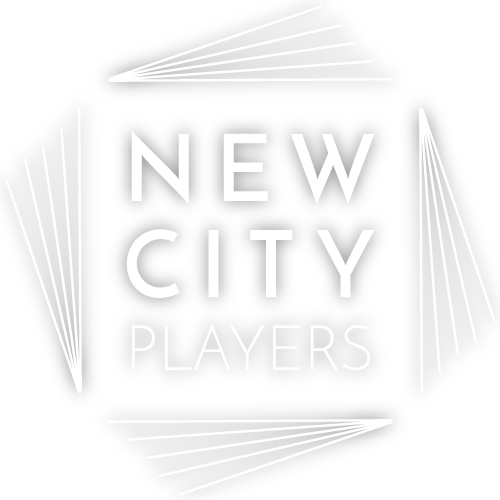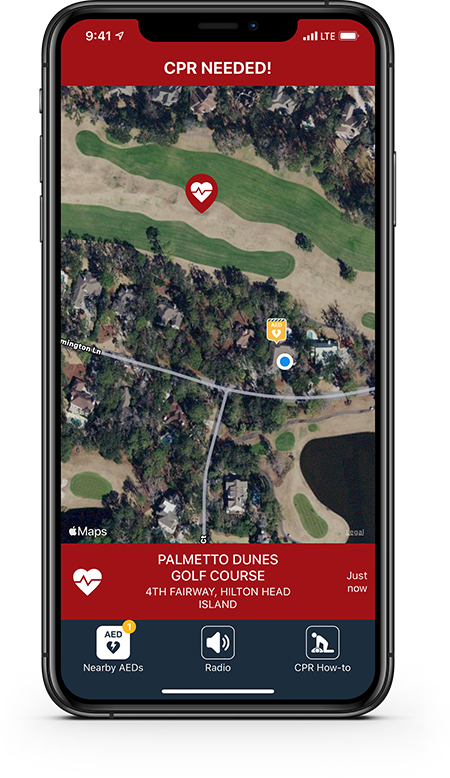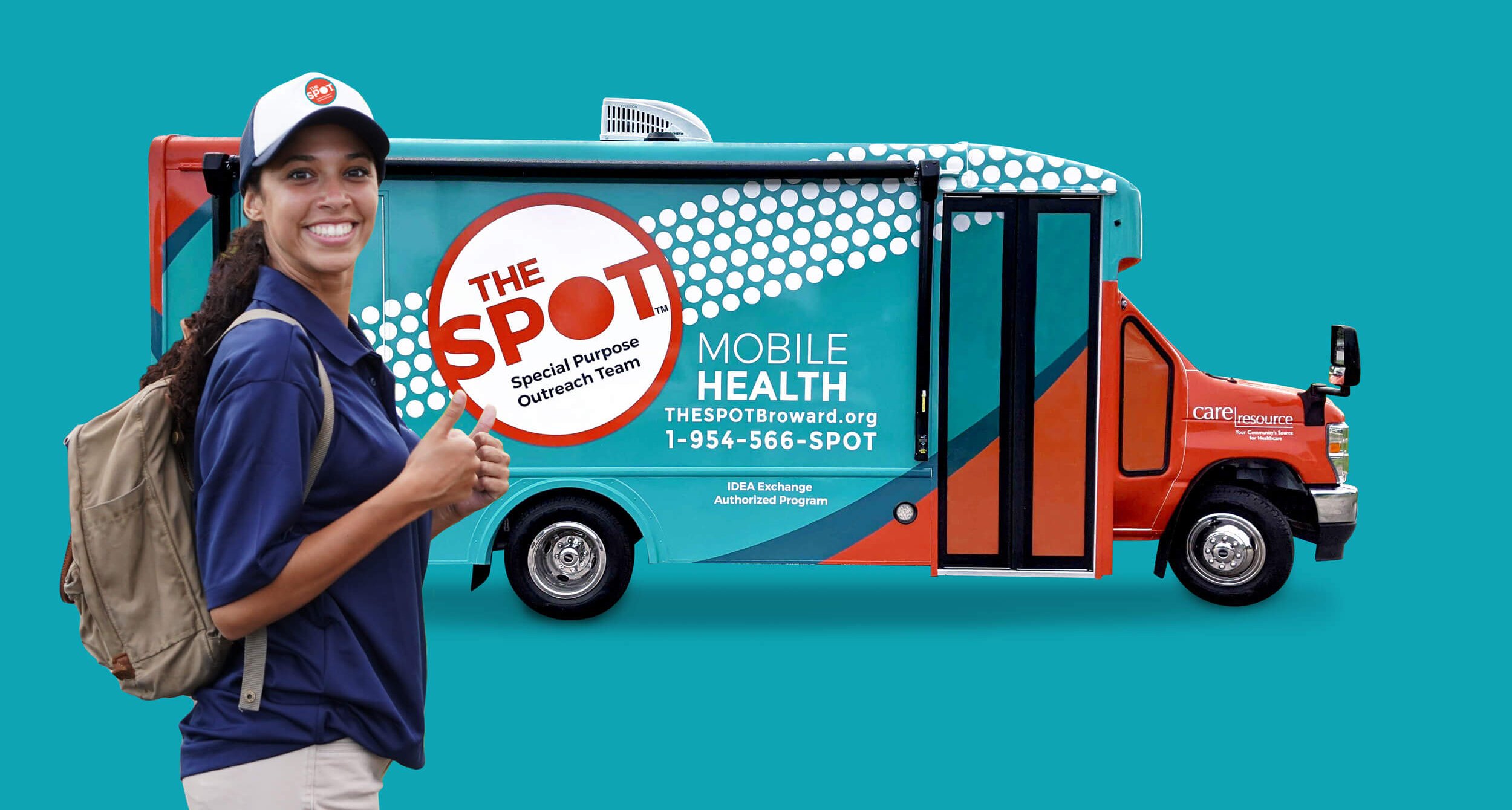Insights on Addiction From Our Opening Forum by Ilana Jael
The Forum: Addiction Part I — Watch Here
As important and rewarding as New City Players’ finds the work we put into our theatre productions, we find it equally important and rewarding to make an effort to connect to and educate our community, as we did in the first of our two planned Forum events centering on addiction and recovery.
Panelists for this event included Luis Garcia, Founder of USA Opioid Crisis Mortality Reduction; Emy Martinez, Safe Syringe Exchange Services Manager for Care Resource; Macey Markowitz, Director of Women’s Philanthropy and Major Gifts for United Way of Broward County; Jessica Metzel, Marketing Coordinator at FHE Health; and Dr. Beau Nelson, Chief Clinical Officer at FHE Health.
The conversation began with introductions and a discussion of what addiction is, the most basic answer being a disease involving compulsive use of a substance or compulsive engagement in a behavior (which is known as a process addiction).
Martinez also pointed out that the term “substance use disorder” is the technical term for the condition, and one that some prefer because of the term “addiction’s” stigmatizing connotation. However, the complexity of language around the condition means that others on the panel, including those who are active in the recovery community, had less issue with the word.
The panelists also established that addiction can develop quickly or over-time, is something to which some people seem to be genetically predisposed, and often involves a physiological as well as psychological component, creating a complex self-perpetuating cycle that can be incredibly difficult to break.
Nelson also pointed out that, because of this complexity, addiction is not something that people simply choose, and thus not something that should be linked to personal characteristics or morality but rather to a “hijacking” of the brain that occurs during the disease’s development. Thus, it is important to approach people with addiction with a mindfulness of the enormity of the challenges they are facing rather than a judgemental attitude.
“Compassion is the key,” he said.
Nelson also remarked on the fact that addiction is not something that can be easily and simply ameliorated after a short stay in rehab. For most people with addiction, entering treatment is generally the beginning rather than end of a long and difficult recovery process, which usually requires a tremendous amount of inner work and a robust support system.
Relapse is also a very real danger, with the relapse rate for substance use disorder close to the rate associated with other chronic conditions at forty to sixty percent. However, though substance use disorder is a disease for which there is no known cure, it is one from which recovery is possible, as evidenced by the many people who do go on to achieve that recovery.
“People succeed at this every day,” Nelson said.
“Those who are in long term sobriety really have a gift to give to people.”
Metzel then related some of these principles to her own experience of addiction recovery.
“I was always perceived as having a moral dilemma, that I was morally flawed, and that wasn’t the case at all. My underlying morals were always consistent, but my disease caused me to participate in certain things that didn’t align with those values. But, through treatment and living a lifestyle of recovery, I was able to align myself with those values and live a healthy life,” she said, inviting audience applause.
Along with affecting her self-esteem, the stigma related to her history of addiction limited the professional opportunities available to Metzel, with her attempts at being as transparent as possible often backfiring due to people’s prejudices.
“I’ve had to prove myself more than most people,” she reflected.
Garcia, a retired firefighter who now devotes himself to educating people about the life-saving overdosing reversing drug Narcan, also spoke on the intense prejudice that surrounds addiction.
“I believe that substance use disorder is the most misunderstood disease of this generation, especially by those who are not directly impacted…Stigma remains the greatest challenge,” he said.
He also named apathy and ignorance as significant barriers to his work, and pointed out that
stigma around addiction persists not only among lay-people but among those professionals directly tasked with ensuring the safety of people who struggle with it.
“The stigmatic thinking is far worse among police, fire correction, EMS, and ER personnel,” he said, noting that this is something he has observed not only in South Florida but in various parts of the US.
So, Garcia has taken matters into his own hands as an ambassador of sorts for Narcan as a “pocket defibrillator” that can quite literally “bring back the dead.” Later in the evening, during the community spotlight portion of our Forum, Garcia not only provided us with Narcan but gave us an in-depth explanation of how Narcan should be used and in what situations the drug is called for.
If you’re interested in attending one of these classes, you can keep an eye on his organization’s Facebook page, and if you’re already in the know, Garcia also suggested that you can download the app Pulsepoint to be alerted to overdoses and other medical emergencies that may be happening near you.
The importance of Garcia’s mission was driven home by the fact that Nelson also reminded us that Broward County has the most opioid overdose deaths of the entire state at 640, which is somewhat unsurprising given its sordid history. Palm Beach County was not far behind at 630, as compared to 360 in the more highly populated Miami area, which Martinez connected to her increased harm reduction work in the area.
These stark facts also highlighted the importance of the work Martinez does at Care Resource, including through their initiative The Spot, a mobile clinic that visits 8 sites a week across Broward County providing clean needles, Narcan, HIV and hepatitis C tests, and other necessary medical care and supplies to anyone who needs them.
The Spot serves not only IV drug users but those who need clean needles to administer themselves medical treatments like hormone therapy and insulin. And those who are utilizing The Spot in order to use drugs more safely are consistently encouraged to seek treatment, with the contact serving as an important “touch point” that can connect them with the help they need.
Martinez also spoke about her long history of advocating for harm reduction, which began in the early nineties with her work to help prevent the spread of HIV, another intensely stigmatized condition. While passing out condoms and bleach kits, which could be utilized to disinfect used needles and prevent HIV transmission, she and her fellow warriors had to take pains to disguise what they were doing from any passing police because the bleach was considered “paraphernalia.”
According to Garcia, the legal Narcan is still sometimes used as a pretense for search and suspicion, which strikes as particularly absurd because both bleach and Narcan have no utility when it comes to getting high besides their potential to save lives.
And the same is true of fentanyl test strips, which remain inexplicably criminalized. The dangers posed by fentanyl’s infiltration—which has become so extreme that Martinez referred to it as having almost totally eclipsed heroin itself in terms of what is available on the street—was also a major topic of discussion and concern, with Martinez later sharing a striking story about two young men who only escaped death due to their timely revival with Narcan after they OD’d on fentanyl-tainted weed.
Garcia also mentioned that he has periodically sent out alerts warning local drug users of reported fentanyl clusters so that they might be more likely to abstain. However, other panelists pointed out that while such a measure could indeed save lives, it might also serve as a double edged sword, since some drug users actually seek out fentanyl for a stronger “high,” even to the point of seeking out drugs that they know were strong enough to provoke overdoses in others.
“This is a disease that centers in your brain and sells you a lie… you feel invincible,” Metzel tried to explain how addiction could provoke such reckless actions.
“Or you might decide, I’m OK with dying today… because your brain is telling you that you have to,” she continued.
Yet Metzel’s own inspiring recovery is living proof of how tragic it is that others who might fall under fentanyl’s fatal spell, whether deliberately or unwittingly, may never get the same chance to turn their lives around.
The same is true of Markowitz, who gave an equally illuminating account of her own recovery, which she was inspired to pursue after her first experience of withdrawal made her realize that she no longer wanted to be a slave to chemicals. Getting treatment for her underlying depression was also essential to her recovery, but it was becoming “completely immersed” in NA and having a huge support system that she names as having been most critical.
“I walked into those rooms in South Philly for the first time on August 4th, 2017 and I found a reason to never use drugs or alcohol ever again,” Markowitz said.
“You can go to any NA meeting in the world and find people who are exactly like you… they say that you were always the black sheep of your family, but when you went to NA you found the rest of the flock,” she reflected.
Now, Markowitz stays involved and engaged by sponsoring newcomers to the program and volunteering with a variety of other local organizations that work to serve those who are currently struggling with addiction and related conditions.
Nelson’s viewpoint, which was based on his experiences as a clinician, was similar.
“It’s really about connecting with people. It’s really about having a full life,” he said
“One of the real important parts of this is the idea of connecting not only with resources for practical needs but really that emotional, connectional support . . . and that’s why when we hear about it, we don’t need to shy away. We need to be able to engage, be compassionate, be caring, thoughtful,” he added.
Nelson also encouraged us to be consistently thoughtful about how we talk about addiction and other stigmatized conditions, as we never know who might be listening and might be hurt by an insensitive remark.
Garcia then suggested that, along with being supportive of people in recovery and carrying Narcan ourselves, we can make a difference by encouraging others to do the same.
“We can all do more than we realize. Every single one of us can post on social media. . . We have a moral obligation to speak out and tell our fellow “normal” people who haven’t been touched,” he said.
And though this problem is an incredibly prominent one in our community, Nelson remarked on the fact that it’s also one that many people brush to the wayside until it personally touches them or someone they care about.
“It’s all around us. People in recovery are around us… people who have overcome mental health issues, they’re all around us… they may not be the loudest, but only when we join our voices together does it really make an impact in our community,” he said.
He also referenced the importance of voting and reaching out to our local legislators, referencing the devastating impact that harsh criminalization has on many people’s ability to pursue recovery, and on the need for the government to invest in the infrastructure that will enable more people to get the help that they need.
“There are a lot of people who want to get better, but they simply can’t afford it,” Nelson said.
Martinez then jumped in to remind us that addiction is something that “can happen to anybody,”
reflecting on an experience of being thrown into withdrawals after spending time on a morphine drip while hospitalized, emphasizing that it can be a “hop skip and a jump” from taking pills as medically indicated to seeking out dope on the streets.
Metzel then continued to reflect on the misconceptions that surround addiction and on her own transformation.
“You see someone on the side of the road and they’re asking for money… if I told you that that was me five years ago, would you believe me? Or if I put my mugshot—one of ten—behind me, would you believe me? No, I’m a business woman, I’m a mother, I’m an upstanding citizen, and you wouldn’t know that person. And if you listen to people’s lived experiences, this all started with a prescription drug that was legal, and then it spirals out of control.”
“We’re just really good people, and the compassion shown by others helps us recover,” she added.
The panelists also discussed the fact that dealing with loved ones who are in the midst of addiction can be particularly difficult because of the thin line between supporting and enabling, and the fact that, ultimately, it is only up to them whether they recover no matter how much support you offer, with Garcia eventually verbalizing the paradox as such:
“You can’t love somebody to recovery, but to recover, you do need love,” he said.
Other helpful resources that we can use to educate ourselves on various aspects of addiction that the panelists directed us to include the Harm Reduction Coalition, Al-Anon, Substance Abuse And Mental Health Administration, and the National Institute For Health.
Both Metzel and Markowitz also emphasized taking the time to listen to the stories and lived experiences of those who have faced the issue personally, with Markowitz recommending Soft White Underbelly, a Youtube interview series that features several such subjects, as one place to do so. In the spirit of providing a platform for sharing such experiences, New City Players’ planned post-show forum, which will be taking place on May 23, is one that is going to be more centered on storytelling by community members.
One of the next blogs I plan on working on is also an interview piece telling the recovery story of a community member who I was lucky enough to be put in touch with through my work at Reco Intensive. I’m also amassing quite the collection of ideas more directly related to the issues faced by the characters in Water By The Spoonful that I can’t wait to dive into research on, so be sure to check back!
Water by the Spoonful
April 28-May 15 | Island City Stage
Somewhere in Philadelphia, Elliot has returned from Iraq and is struggling to find his place in the world. Somewhere in a chat room, recovering addicts keep each other alive, hour by hour, day by day.
The boundaries of family and community are stretched across continents and cyberspace as birth families splinter and online families collide. Water by the Spoonful is a heartfelt meditation on lives on the brink of redemption.
Our Water by the Spoonful blog series is sponsored in part by Reco Intensive. To learn more about Reco Intensive, a Delray Beach addiction treatment center whose holistic and compassionate approach aligns with NCP’s vision of helping South Florida to become a more empathetic and thoughtful community, visit their website.








